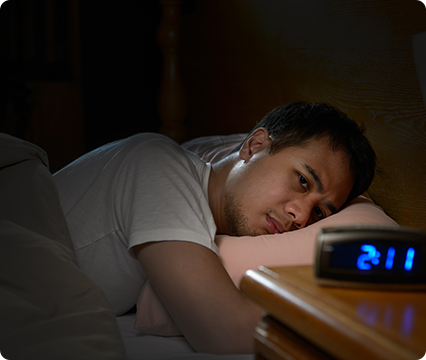More dreams of the rarebit fiend: Food sensitivity and dietary correlates of sleep and dreaming
Dream of the Rarebit Fiend : Food influences sleep and dreaming
Although the idea that food influences sleep and dreaming has existed for centuries—popularized by cultural references like the * Dream of the Rarebit Fiend *—this connection has received limited scientific investigation. An online survey of 1,082 participants was conducted to explore why people believe food affects their dreams. Nielsen et al. (2025) tested three possible explanations: direct effects of specific foods (food-specific effects), indirect effects through physical discomfort (food distress), and changes in sleep quality (sleep effects). The survey collected data on demographics, diet, food intolerances and allergies, personality traits, sleep quality (via the Pittsburgh Sleep Quality Index), and nightmare frequency and severity (via the Nightmare Disorder Index). About 40.2% of participants believed that certain foods influenced their sleep, either negatively (24.7%) or positively (20.1%), while only 5.5% reported that food affected their dreams. Those who perceived a food-dream connection reported more frequent nightmares and scored higher on the Nightmare Disorder Index. Sweets and dairy were most commonly blamed. Food allergies and gluten intolerance were associated with altered dream patterns, while lactose intolerance correlated with poor sleep quality, largely due to gastrointestinal symptoms. Better sleep and higher dream recall were associated with healthy eating habits, including reduced nighttime eating. In contrast, unhealthy eating patterns and ignoring hunger cues were linked to negative dreams and nightmares. The findings support all three hypotheses—food-specific effects, food distress, and sleep effects—indicating that diet can influence dreams and sleep quality. Dairy-related digestive issues, in particular, may contribute to unusual or disturbing dreams. These insights suggest that managing diet could offer a non-drug approach to improving sleep and reducing nightmares. [NPID: dreaming, nightmares, sleep quality, diet, lactose intolerance, food allergy, night-eating]
Year: 2025
 Navigation
Navigation









